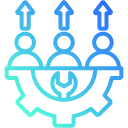Workshops and Seminars for Team Building
Workshops and seminars focused on team building are vital tools for strengthening collaboration, communication, and trust within any organization. By providing employees with practical experiences and interactive learning opportunities, these events foster stronger interpersonal relationships and increase overall team efficacy. Well-designed team building workshops and seminars help participants step beyond their everyday roles, encouraging creative problem-solving and greater engagement with colleagues. Whether held on-site or at external venues, such experiences play an essential role in developing a cohesive and high-performing team culture.
The Importance of Team Building
Trust is the foundation of any successful team, and specialized workshops can significantly accelerate its development. Through carefully designed exercises and open dialogue, participants are encouraged to step out of their comfort zones, share vulnerabilities, and support one another in overcoming challenges. This process not only strengthens individual bonds but also cultivates a collective sense of accountability, where team members feel confident relying on one another. As trust deepens, communication flows more freely, and the team becomes better equipped to face and conquer complex workplace challenges.
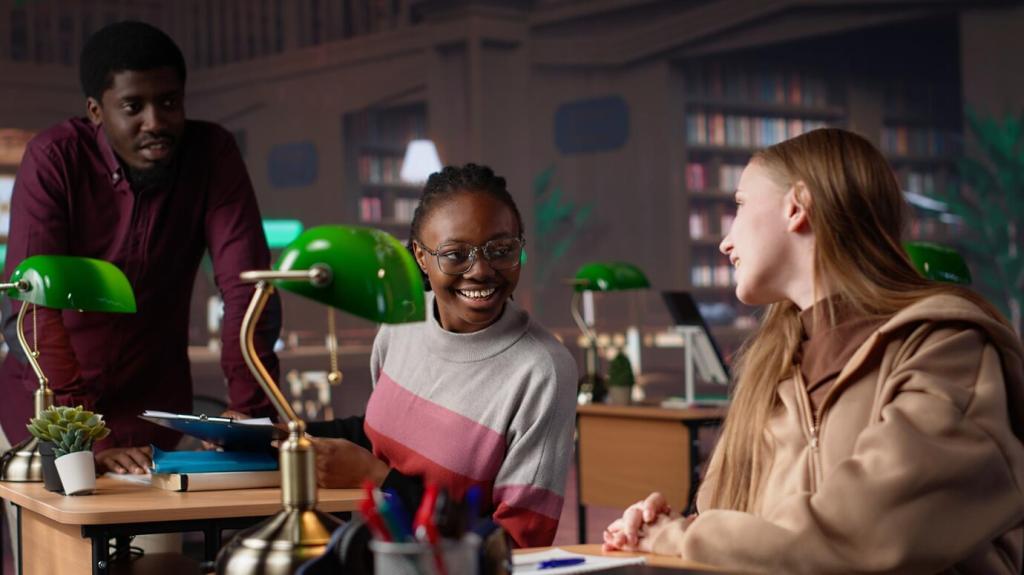
Types of Team Building Workshops
Workshops centered around creative problem-solving challenge teams to think outside the box and tackle unfamiliar tasks together. These sessions typically involve scenarios or activities that require collective brainstorming, strategy development, and innovative thinking. As teams navigate these challenges, they learn to leverage the diverse skills and perspectives of their members—a process that often reveals hidden talents and inspires newfound appreciation among colleagues. By overcoming these simulated obstacles as a cohesive unit, participants build confidence in their ability to handle real-world challenges with versatility and collaboration.
Leadership is not confined to those in formal management positions; every team member has the potential to lead in different situations. Leadership development workshops introduce concepts such as decision-making, delegation, and conflict management, providing participants with opportunities to step into leadership roles. Through role-play, group discussions, and reflective exercises, individuals refine their leadership qualities while receiving constructive feedback. These experiences are invaluable in helping team members recognize their strengths, overcome self-doubt, and prepare for greater responsibility within the organization.
Sometimes, the best way to strengthen a team is simply to let members enjoy each other’s company in a relaxed, informal setting. Social and recreational workshops prioritize fun and camaraderie, with activities ranging from games to artistic pursuits. These lighthearted experiences help break down hierarchical barriers, facilitating genuine connections among employees who might not otherwise interact. As laughter and shared enjoyment bring the team closer together, a stronger sense of unity and mutual respect naturally develops, benefiting the workplace atmosphere long after the workshop ends.
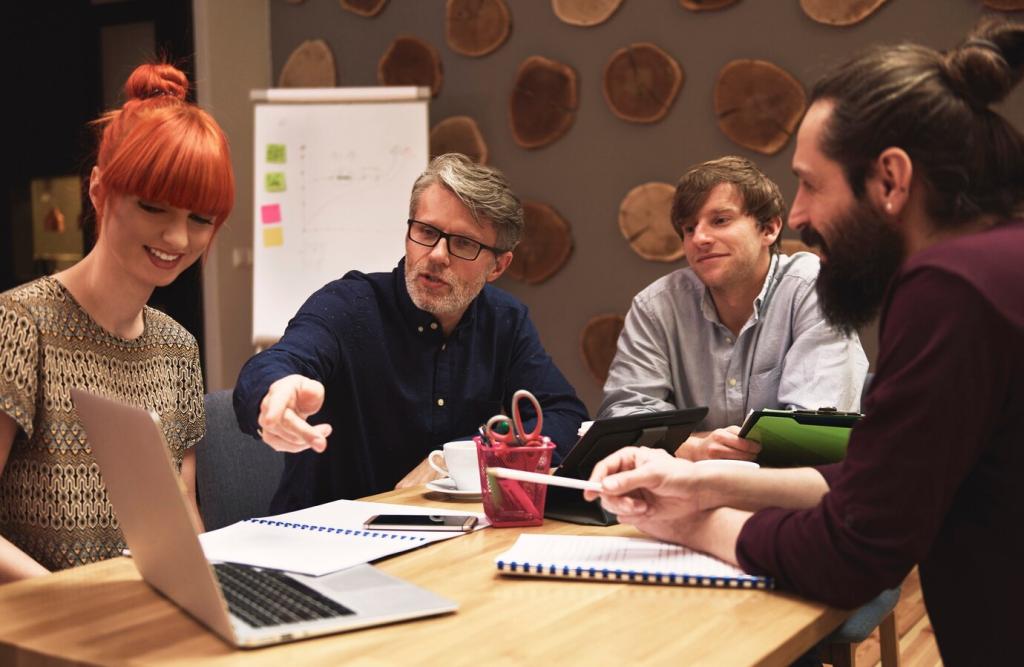
Setting Clear Objectives and KPIs
Before any workshop or seminar begins, it is essential to establish specific goals and key performance indicators (KPIs). Clear objectives ensure that the activities are aligned with organizational priorities and provide a benchmark for success. These may include outcomes like higher employee retention, enhanced collaboration, or improved conflict resolution skills. By defining these metrics upfront, facilitators can tailor the program to meet the team’s unique needs and make post-event evaluation more straightforward and meaningful.
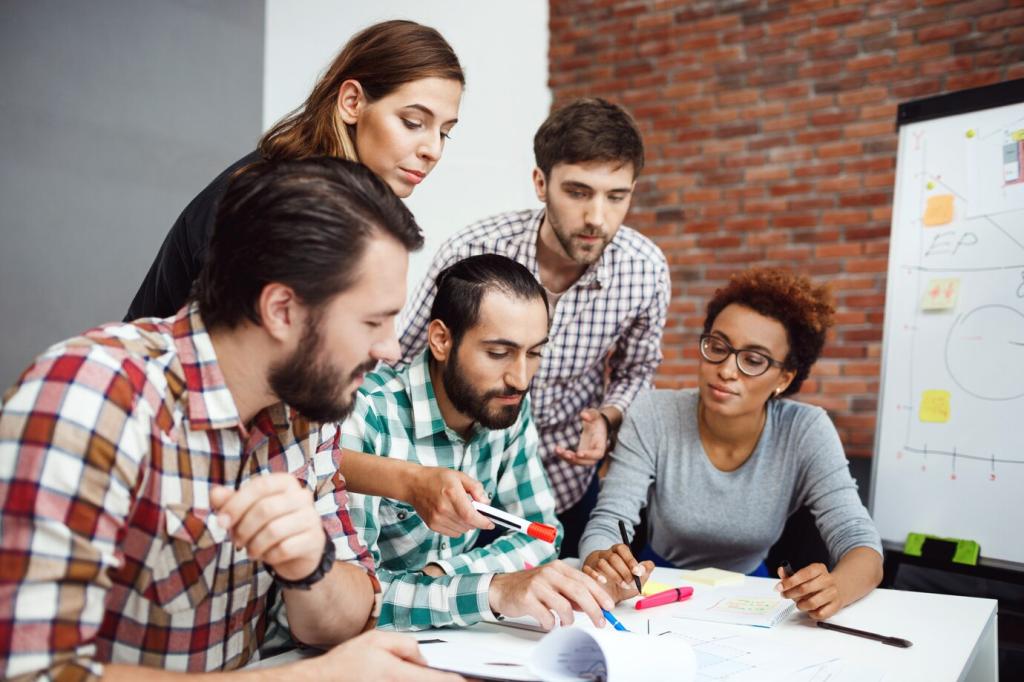
Gathering Feedback from Participants
Post-event feedback is a vital tool for gauging the success of a team building workshop. Collecting candid insights from participants allows organizers to identify what worked, what didn’t, and what could be improved in future sessions. Surveys, interviews, and group discussions help capture diverse perspectives, revealing the true impact on team dynamics and individual growth. By listening closely to this feedback, companies can fine-tune their approach, continually enhancing the value and relevance of their team building initiatives.
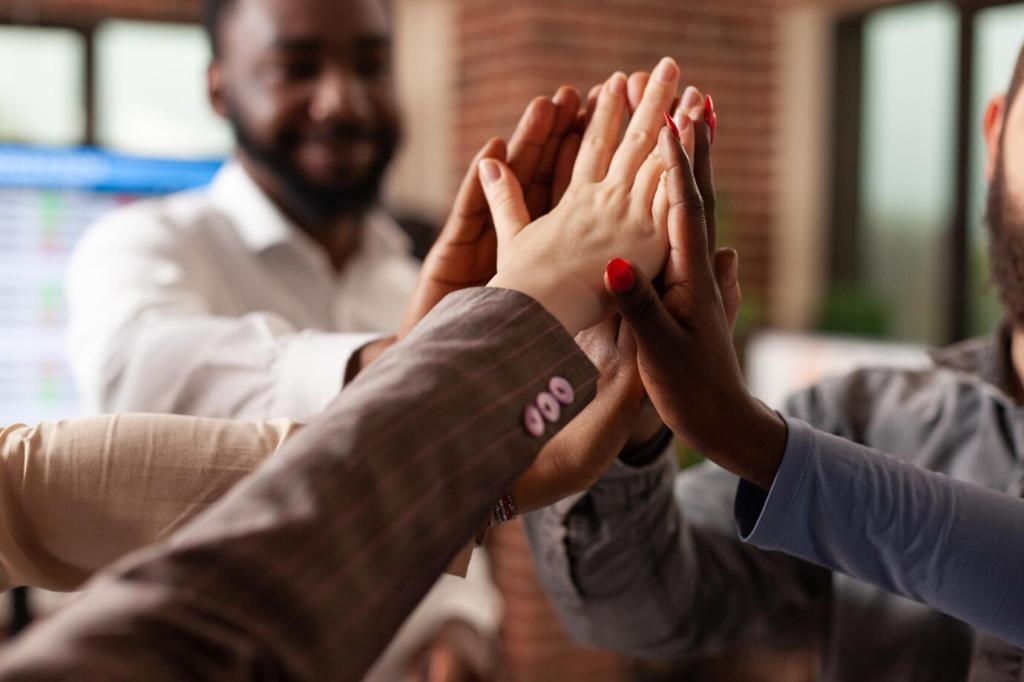
Evaluating Changes in Team Dynamics
The ultimate measure of a successful workshop lies in observing tangible changes within the team. Managers and team leaders should look for signs such as improved cooperation, quicker conflict resolution, or higher overall productivity in the weeks and months following the event. Tracking these changes over time helps organizations assess the long-term effectiveness of their investment and determine whether additional support or follow-up sessions are necessary. A proactive approach ensures that the benefits of team building workshops extend far beyond the day of the event.
